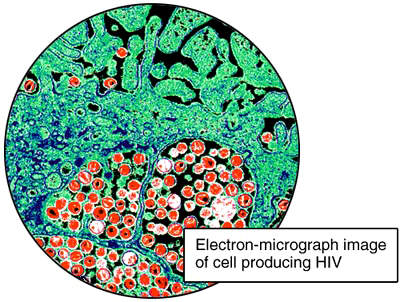Blood can be ‘cleaned’ of HIV
- font size decrease font size increase font size

People infected with HIV can now donate blood, according to a new study.
The research paper says that, using simple and inexpensive technology, infected blood can be cleaned of the virus and be safely used for transfusion.
The study authors say this would help close the current blood supply gap in the country.
The findings are among the presentations at the 29th World Congress of Biomedical Laboratory Science being held at the Kenyatta International Conference Centre in Nairobi.
Titled Can HIV Positive Individuals be Safe Blood Donors? the paper by Dr Samwel Oketch from the New Nyanza Provincial General Hospital shows that washing red cells makes them free of HIV plasma RNA, making it safe for transfusion.
The conference, which ends on Thursday, is being held in the continent for the first time and brings together about 600 laboratory technicians and medical professionals from more than 40 countries.
The country is facing a crisis as fewer people turn up to voluntarily give blood except in instances where they are needed to save the life of relatives or friends.
The shortage of blood stocks stems from the fear that blood donors are tested and informed of their HIV status.
Statistics from the National Blood Transfusion Service show that the prevalence of HIV among blood donors is currently at 1.3 per cent, down from 6.4 per cent in 1994.
Students are increasingly forming the core group of blood donors and blood banks are reported to experience shortages during school holidays.
If the study results are adopted, HIV positive persons could become possible blood donors.
Saline solution
According to the researchers, by using different HIV testing kits, they were able to clean the blood of any HIV trace using ordinary saline solution. Saline is a sterile solution of table salt and water.
The study was conducted between January and February last year at a regional blood transfusion centre in Kisumu.
Another paper presented at the conference called for confirmatory tests on discarded blood to avoid doing away with supplies that could be free of infections.
